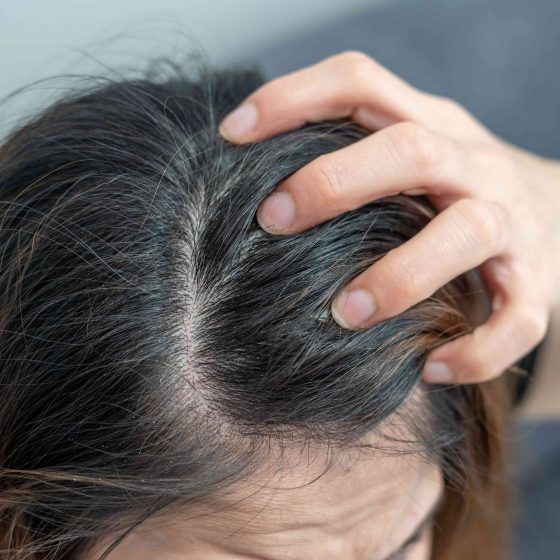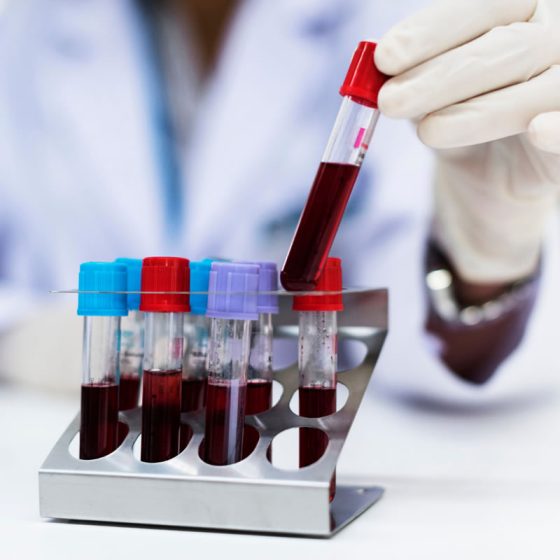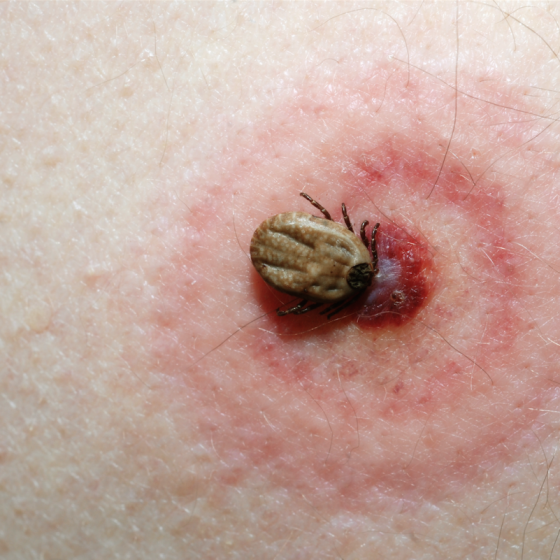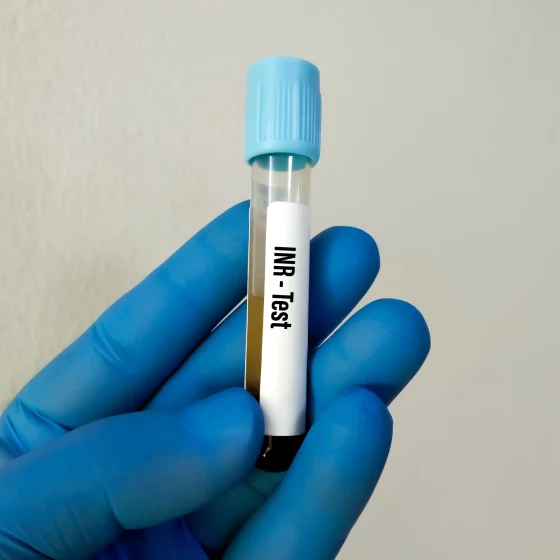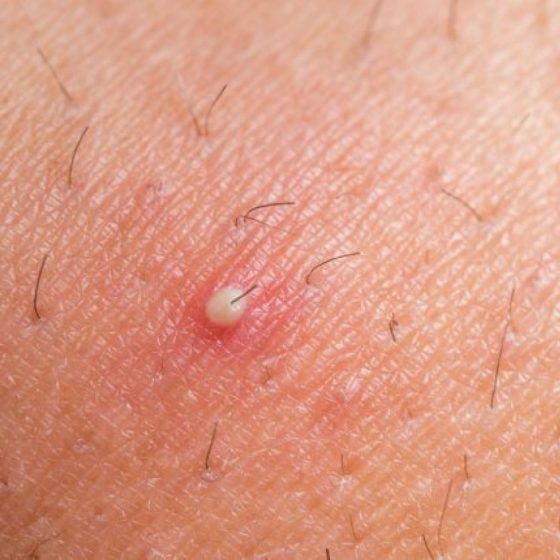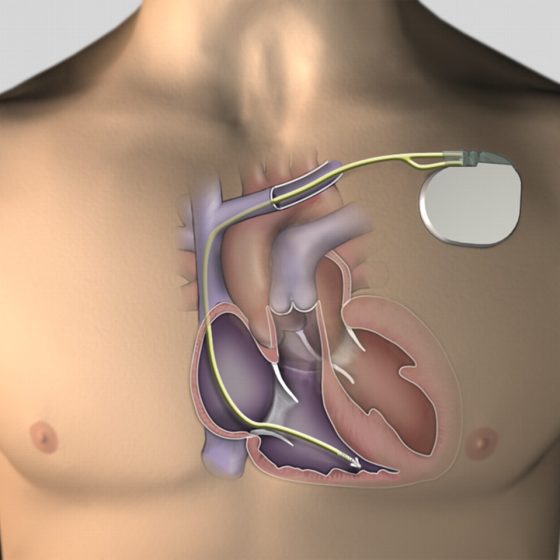Immunisation and vaccinations for your child
Key facts ‘Vaccination’ is when your child gets a vaccine and ‘immunisation’ is the process of them becoming immune after getting a vaccination. Immunisation protects you, your child and your community from serious diseases, before you come into contact with them in the community. Many vaccines are free for babies and children under the National Immunisation Program. The Australian Immunisation Register records every vaccine your child has to help you know when your child’s next vaccination is due. The ‘No jab, no pay’ policy means you may not get some government benefits if your child does not have their routine


